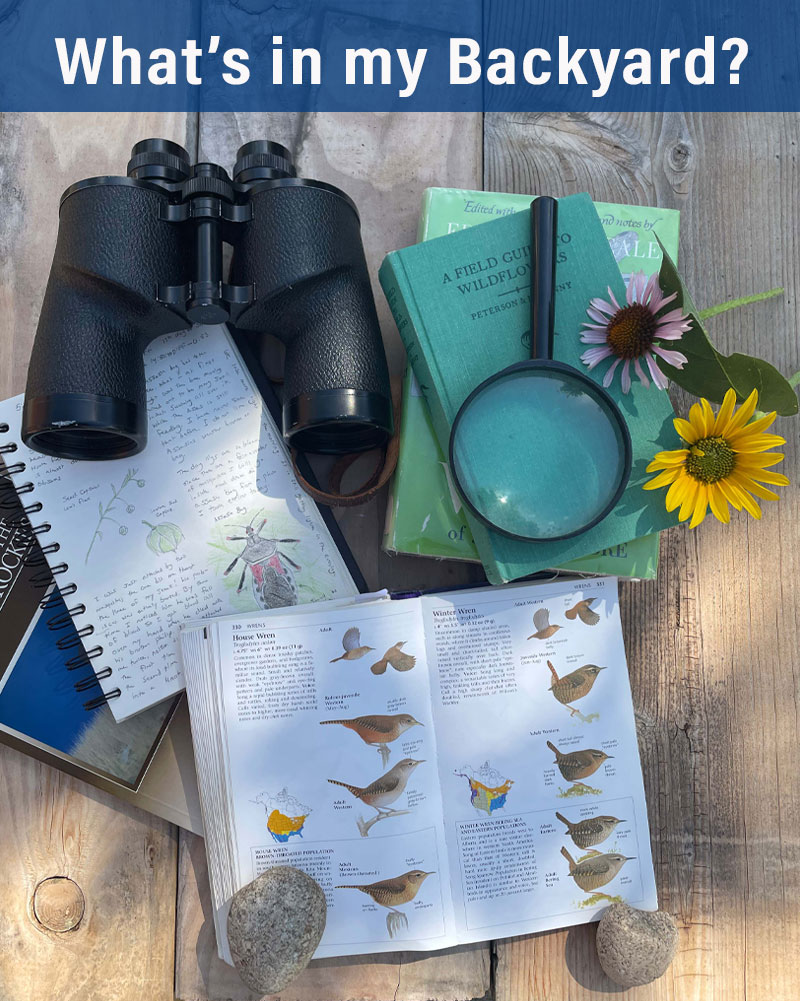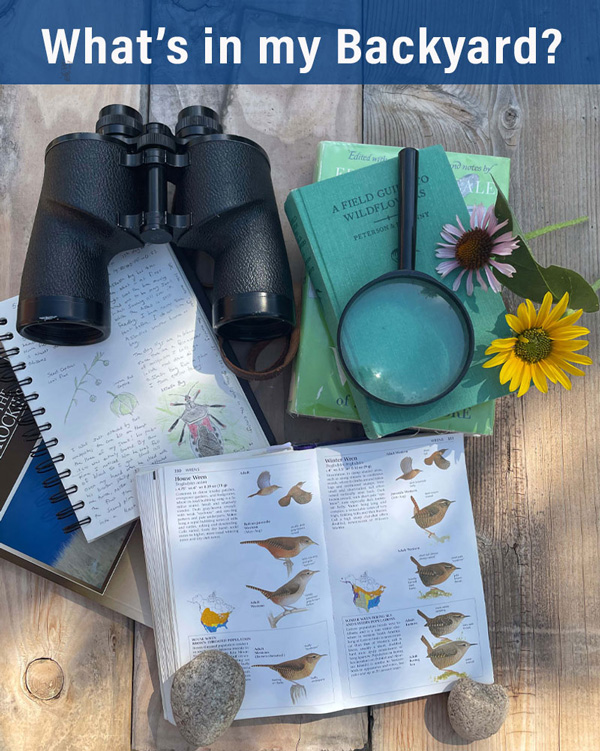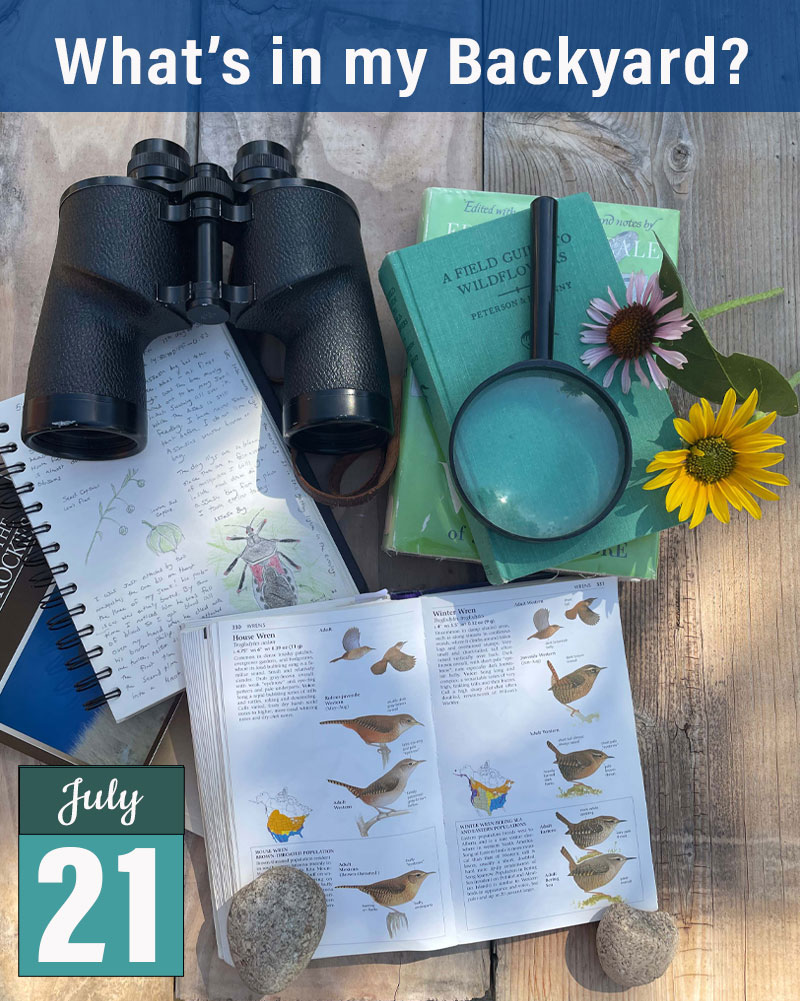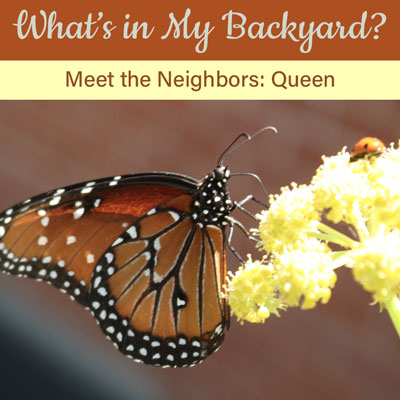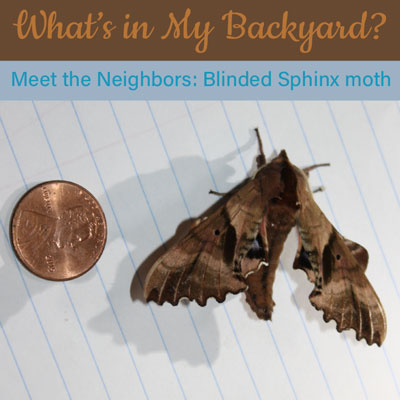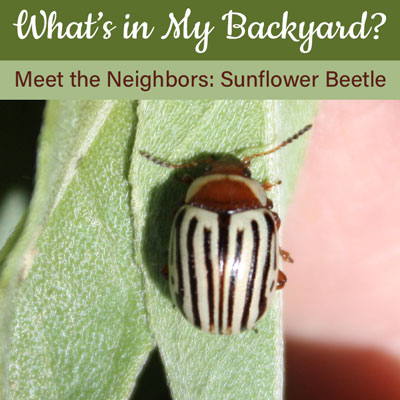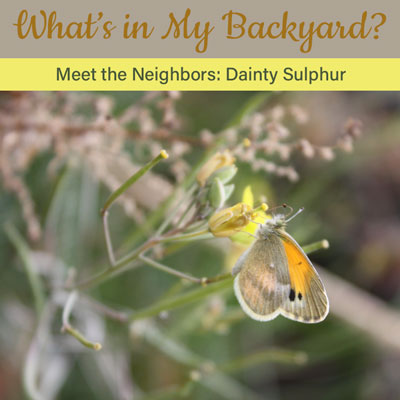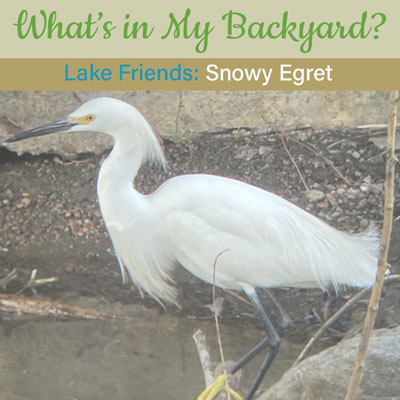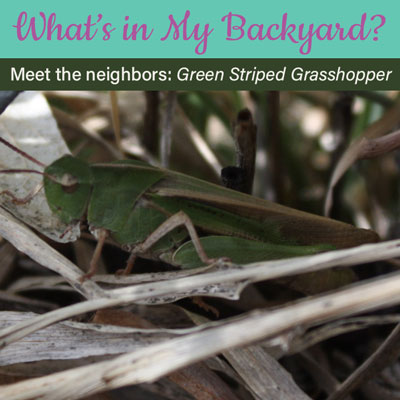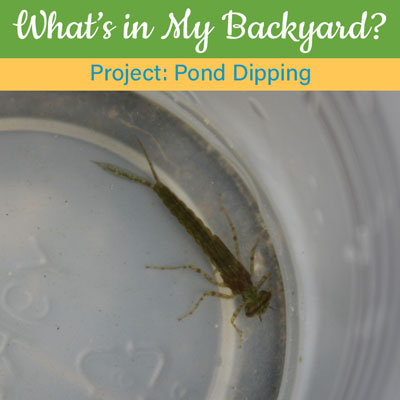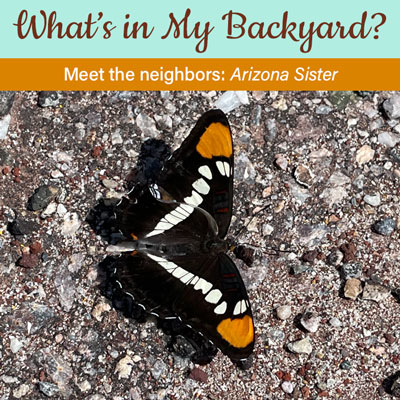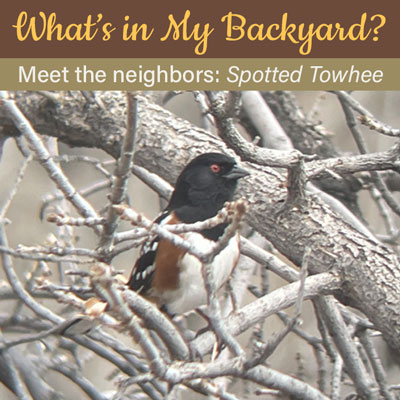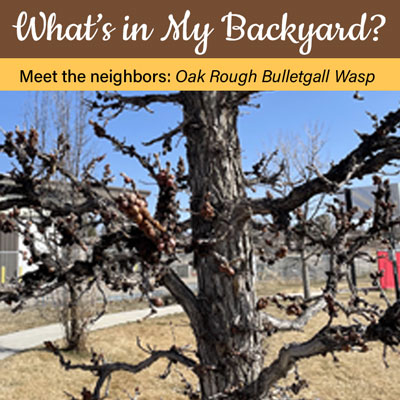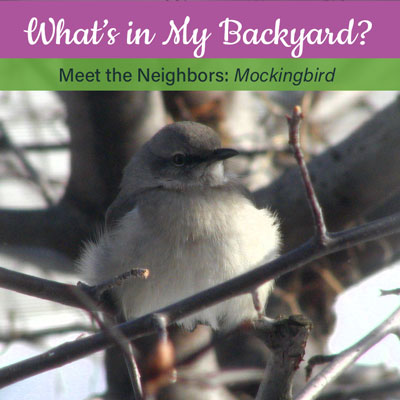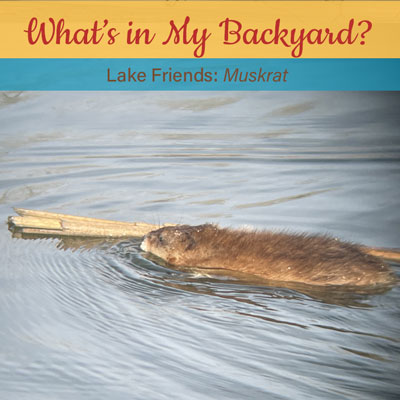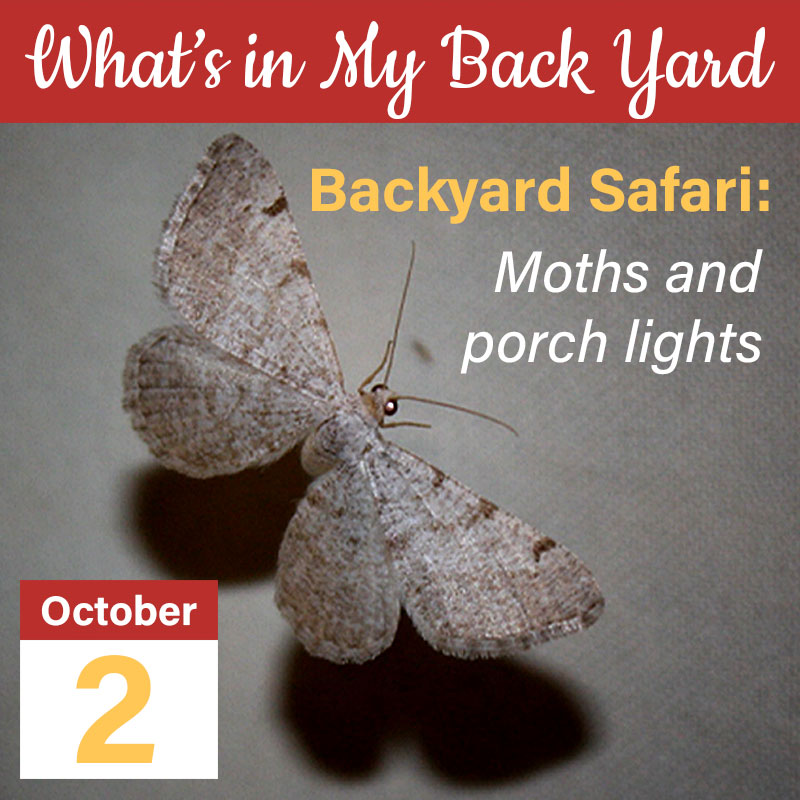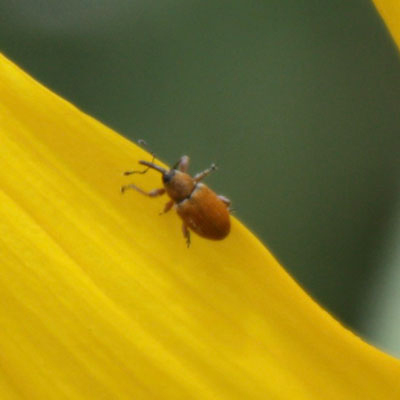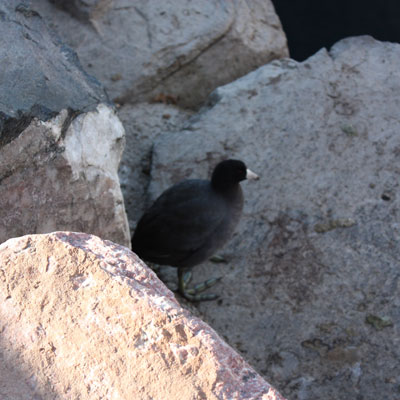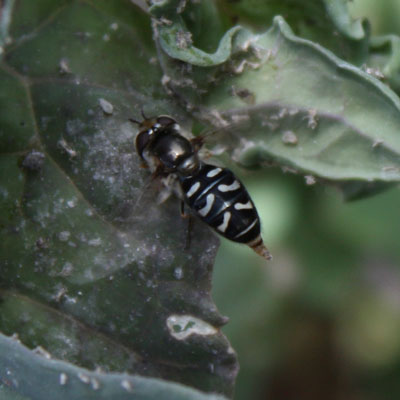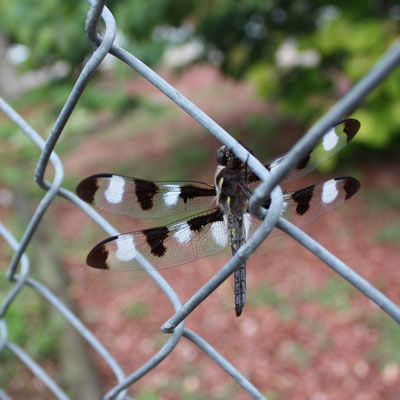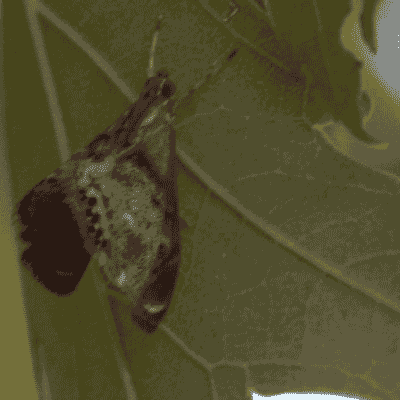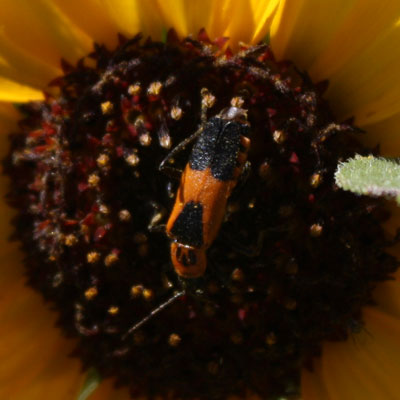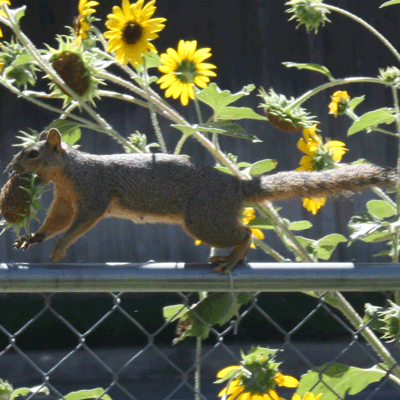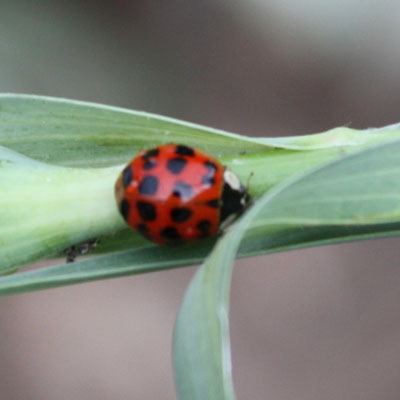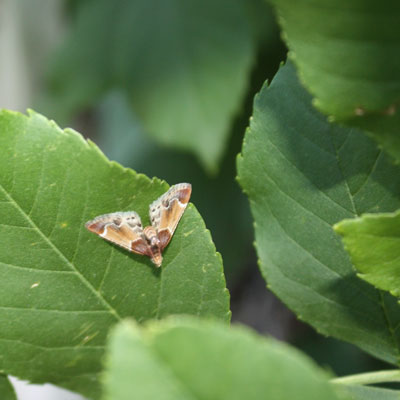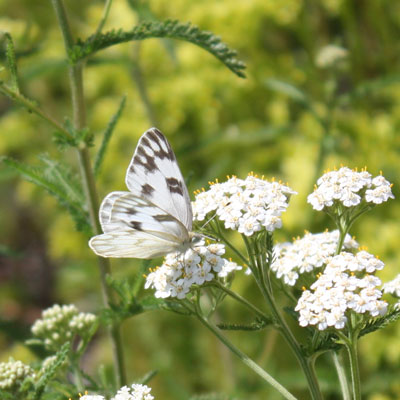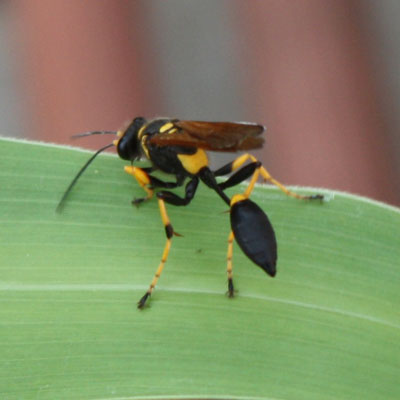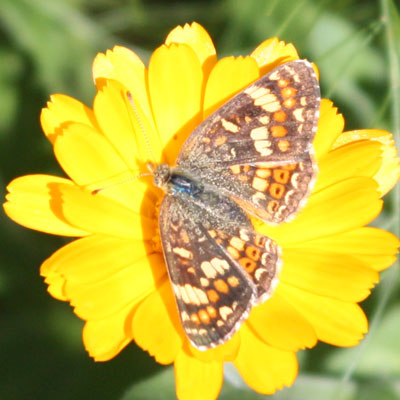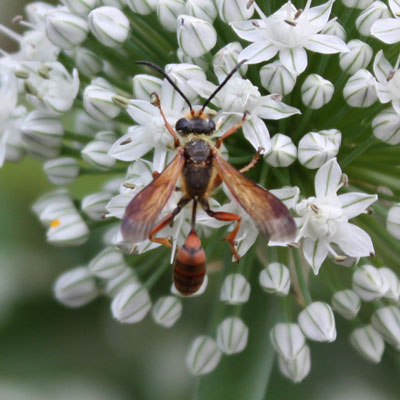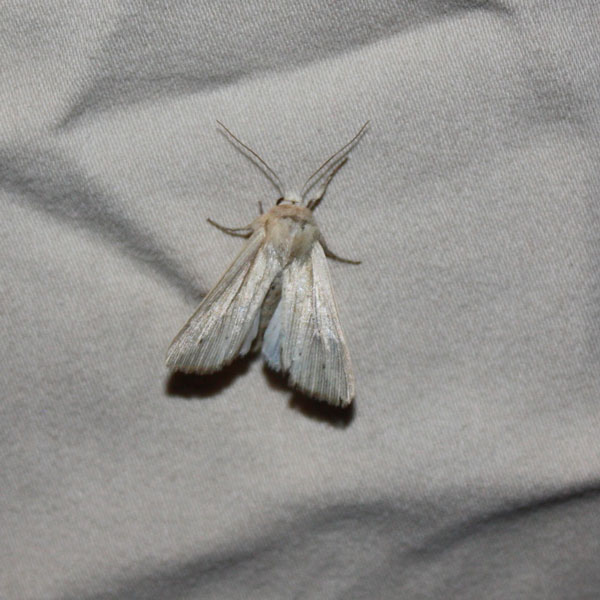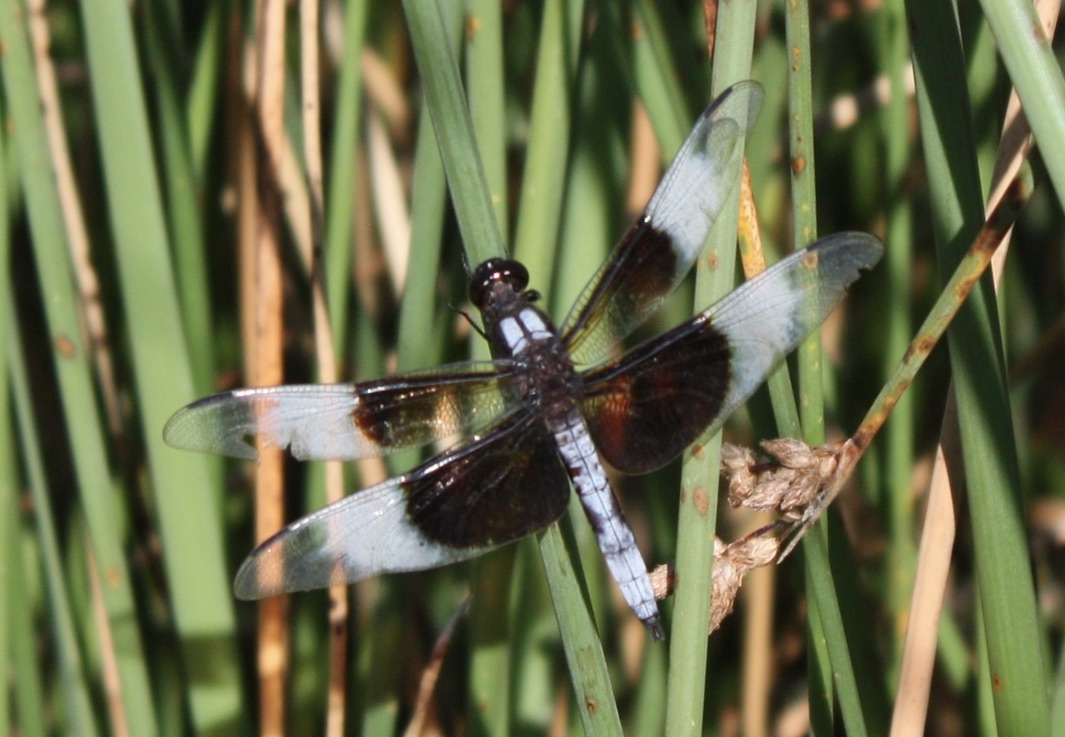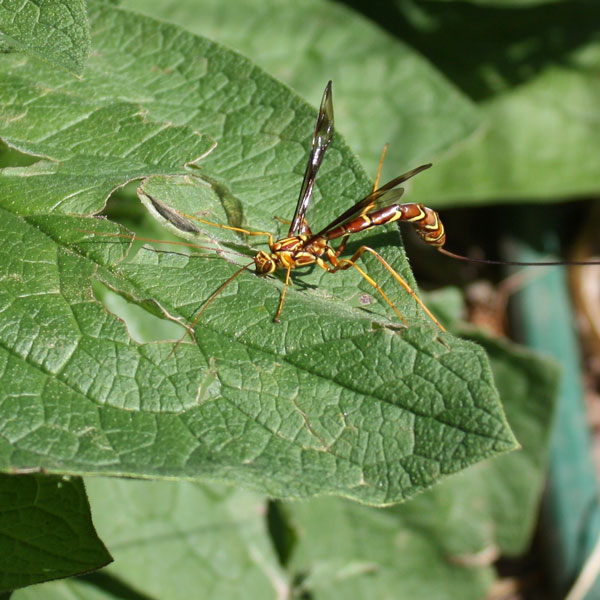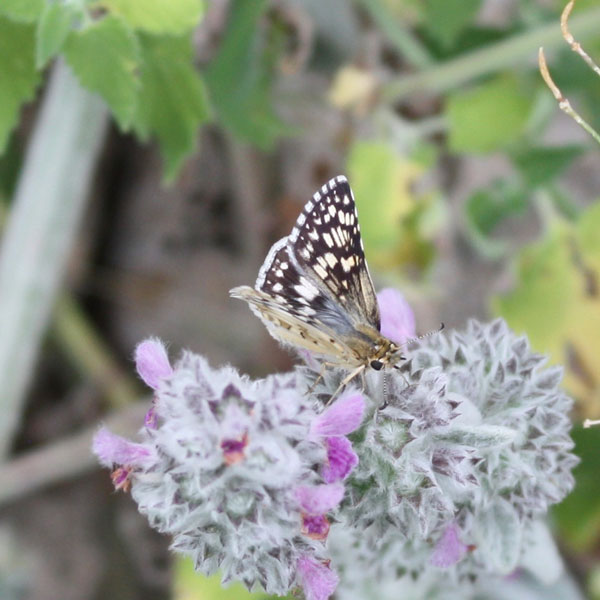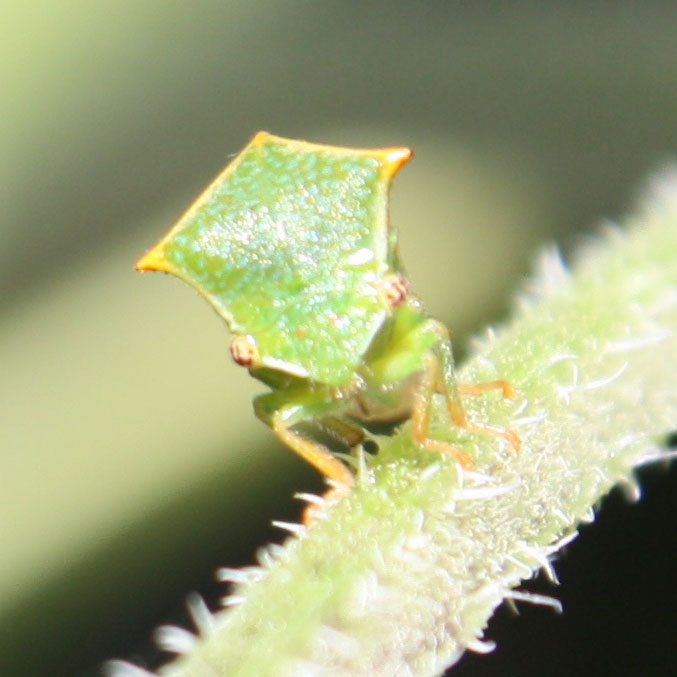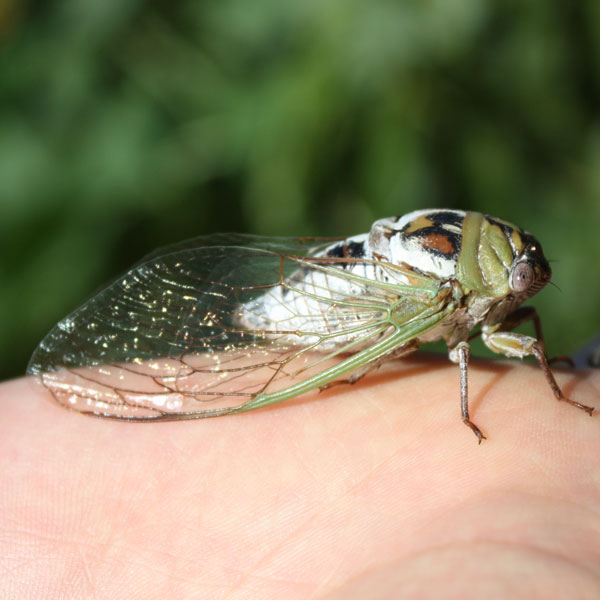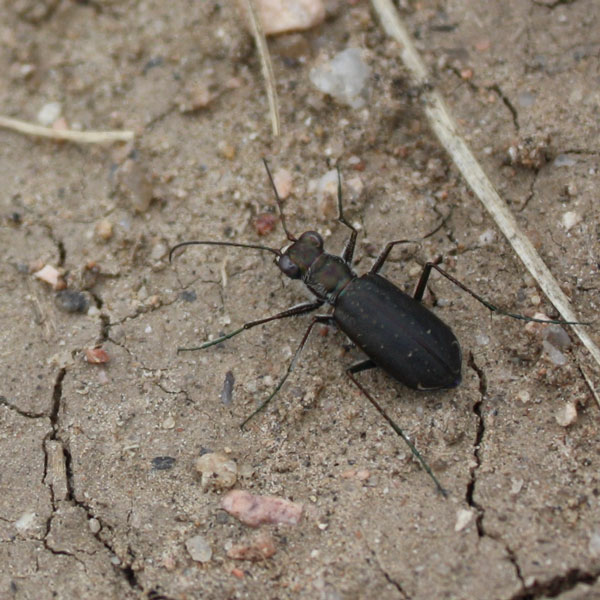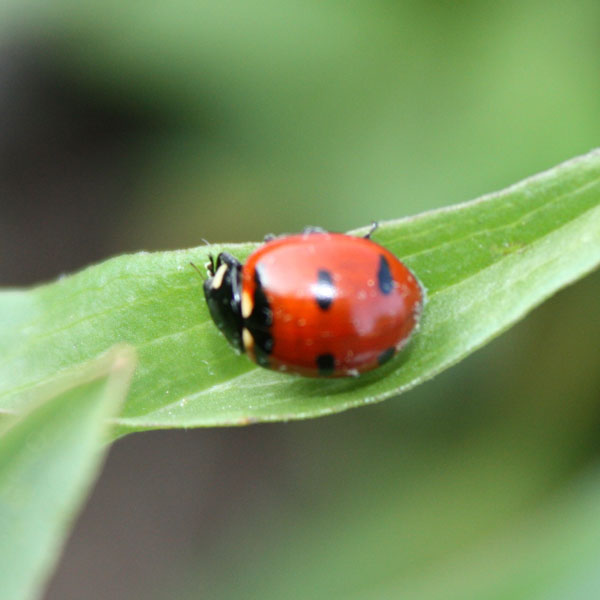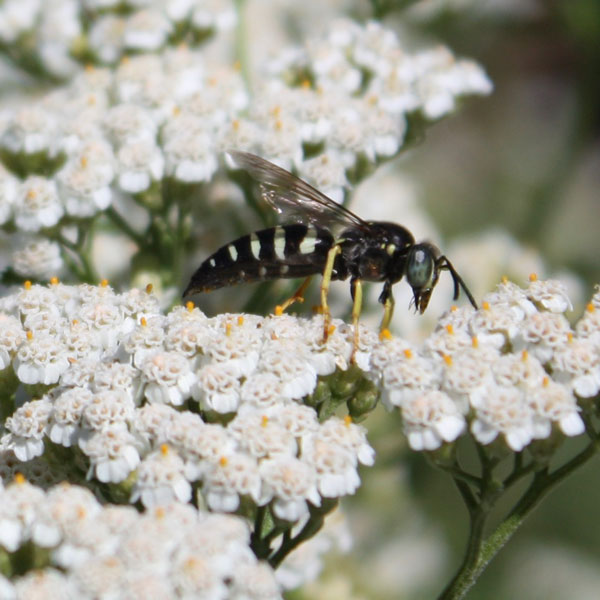What’s In My Backyard?
Explore and Learn: endangered species
For the introduction to this series, see here.
When many people think of endangered species, they think about animals like Giant Pandas, Hawksbill Sea Turtles, and Bornean Orangutans. All three of these creatures are in danger of extinction. What many people do not know is that there may be endangered animals living in their own backyard. There are three endangered insects that regularly use my backyard. (And probably more!) They are the Golden Northern Bumble Bee, The Western Bumble Bee, and the Nine-spotted Lady Beetle. There are probably other endangered species near you.
The Nine-spot Lady Beetle used to be very common in the eastern half of the country but now it is extremely rare. In the West, there are a few more of them but they are declining all across the US. Many other lady beetles are experiencing rapid declines. You can help the lady beetles in many ways. One of the easiest is to leave piles of leaves and dead plants in the corners of your yard. Lady beetles use dead plants and leaf piles as places to hibernate during the winter.
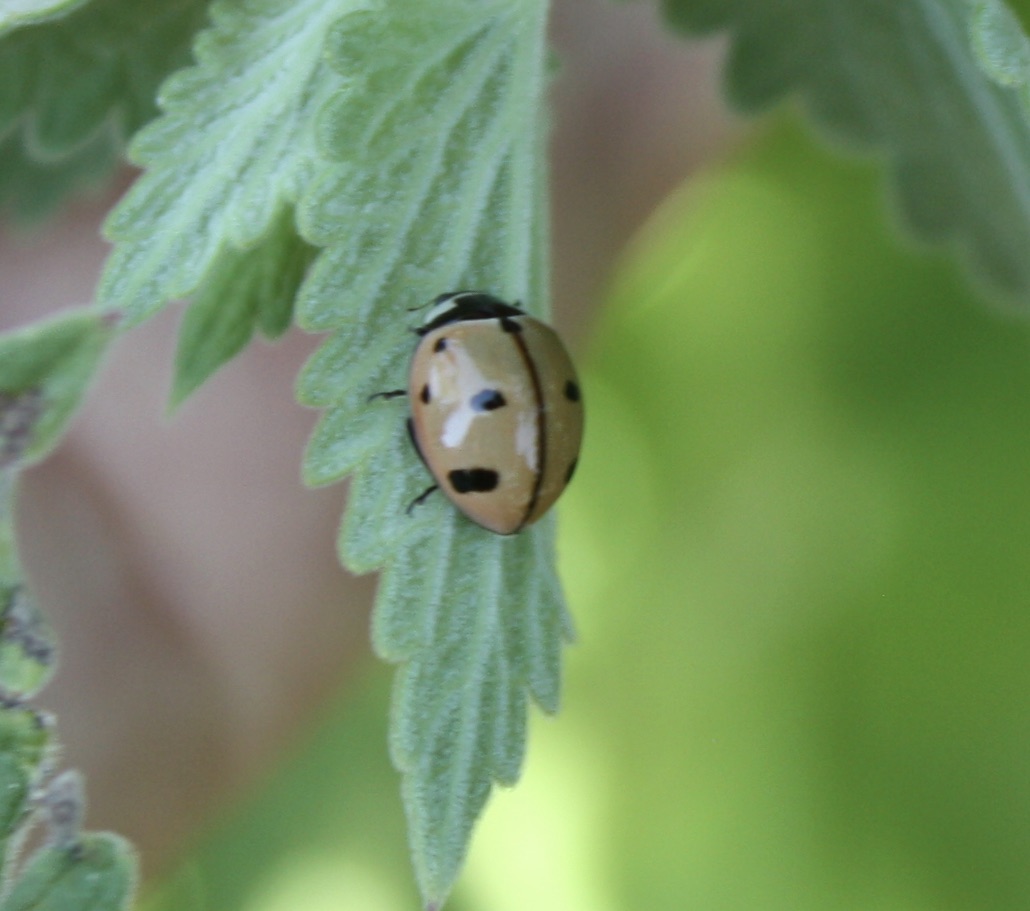
The Western Bumble Bee used to be common across western North America but recently it has been disappearing from large areas of its range, especially in Washington, Oregon, and California. The Golden Northern Bumble Bee is still common but its numbers have been steadily declining. Scientists think that if something does not change, it will be extinct within the next 80 years. Bumble bees are in a lot of trouble all across the world. More than a quarter of US bumble bees are in danger of extinction. How can you help? Plant flowers that bumble bees like! Some good choices are borage, clover, sunflowers, sage, mint, and milkweed.
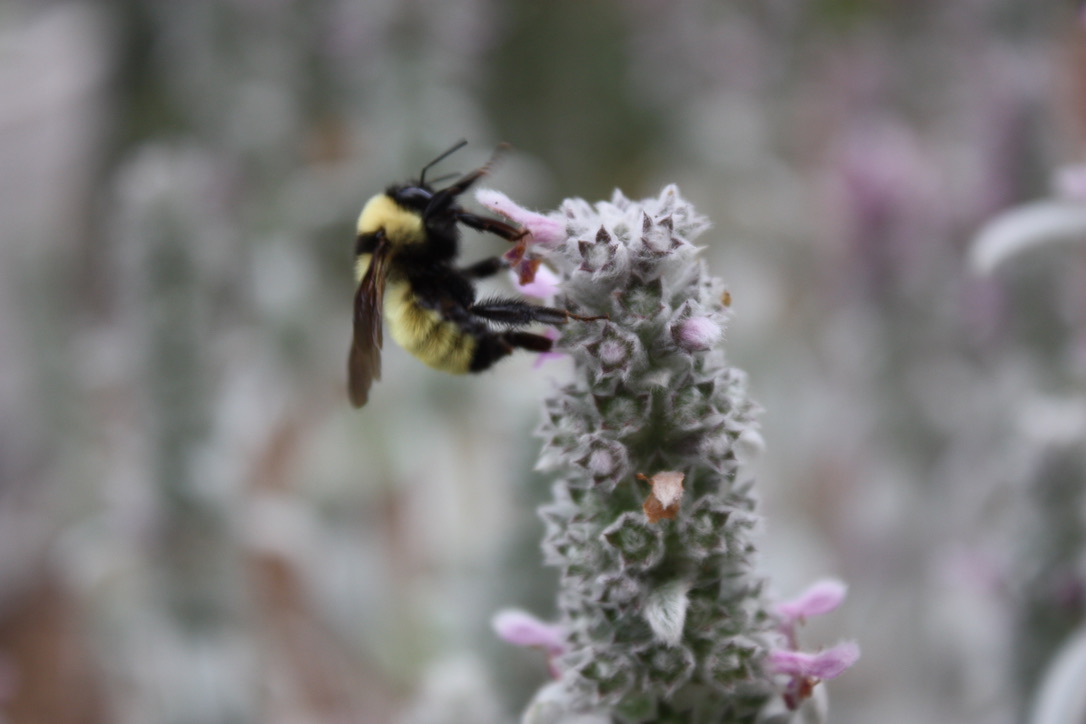
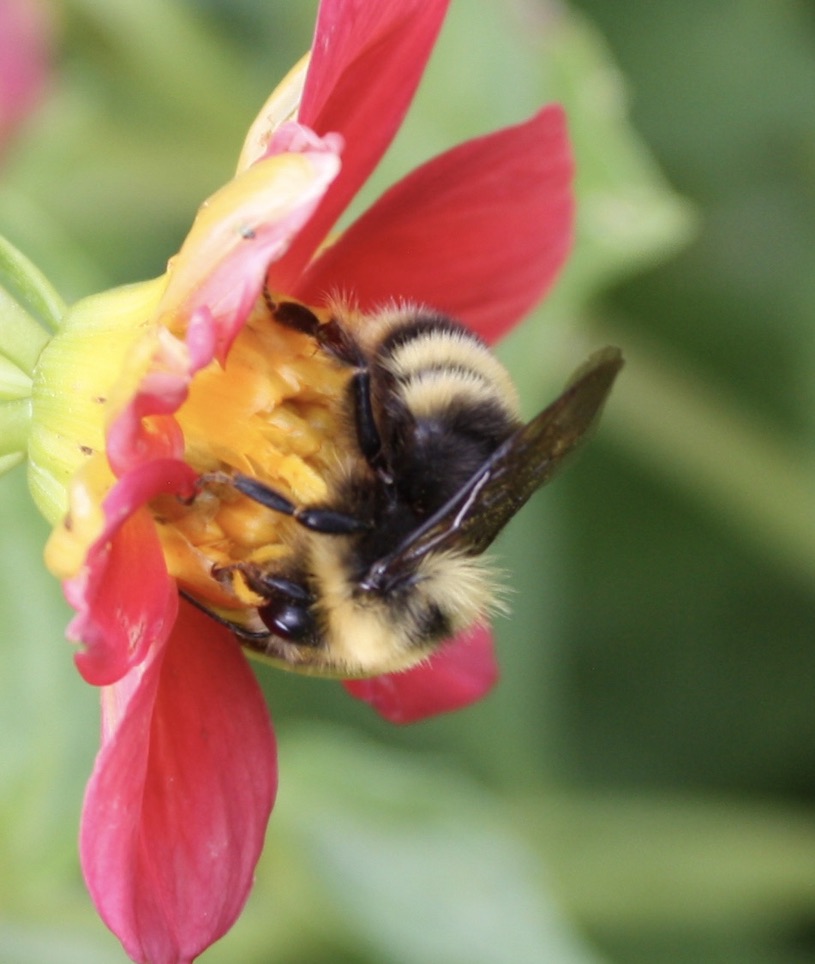
As well as bees and Lady beetles, there are many birds, mammals, insects, reptiles, and amphibians that are in danger. You can help! The more flowering plants you have in your yard, the more there will be for endangered pollinators to eat. If you do not use pesticides in your yard endangered insects will have one more safe place to live. Leaving seed heads in your garden through the winter will help birds find food.

